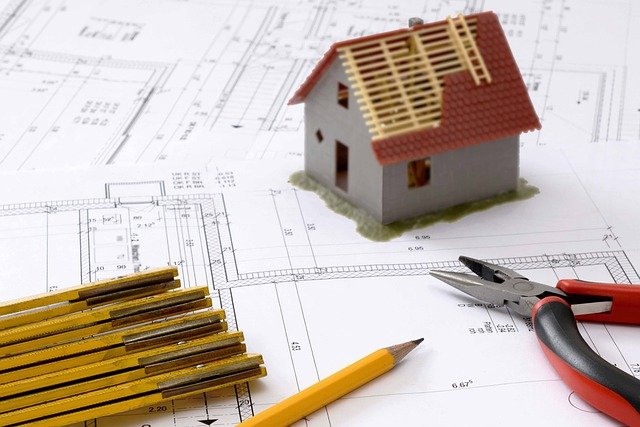
6 Factors To Consider When Looking To Extend Your Home
A house extension has the potential to transform your life: increasing your living space, giving you greater flexibility and comfort, and transforming a bricks and mortar property into your dream home. As an investment, too, adding an extension to your property can drastically increase the equity in your home, and can be a safer option than shares and cash savings during times of economic uncertainty.
However, a house extension is a large undertaking that will have a profound impact on everyone who lives in your home. What factors should you consider before you make the decision to undertake an extension?
1) Why Do You Want A House Extension?
There are many reasons to invest in a house extension, so it’s important to ensure that you are doing it for the right reasons, and that an extension is the best solution for everyone in your family. Common reasons include increasing the value of a property before selling it, renovating part of the house to accommodate changed lifestyle commitments, or maximising your space to accommodate adult children living at home, elderly parents, work from home commitments, or new hobbies.
2) Can You Afford A House Extension?
Depending on your plans, house extensions can be expensive, so to stop spending spiralling out of control, be clear on a budget that you can afford, and stick to it. The budget should be reflective of average building costs in your area for the type of extension you want – this can be more in London and the South-East than other parts of the country, for instance. Working with an experienced house extension Architect, such as the team at DS Squared Architects, can help you maximise the features that can be achieved within your set budget. You may be able to fund your extension by remortgaging your property against accumulated equity, but most homeowners also benefit from partially funding their extension through regular cash savings into a dedicated savings account.
3) Are You Prepared For The Time Involved In A House Extension?
Once underway, your house extension will turn your life upside down for 3 to 6 months, and longer in many cases. Building a large or complex extension is never a fast process, and the time needed from initial consultation to handover on-site may be affected by design considerations, planning permission, sourcing the right contractors, and supply issues. The progress of the work may also be affected by the time of year, with heavy rain and adverse weather being expected throughout winter and early spring. Establish a realistic timeframe for each stage of the project, with a buffer in place to account for any delays – and set up contingency plans so that your life can carry on as normal while your home extension is being built.
4) Do Your Extension Plans Add Value To Your Home?
Although your house extension is primarily for you and your family, your plan should also be considered in terms of the value added to your property, and the desirable features that people look for when purchasing an extended house in your local area. You may wish to speak to an estate agent about how much value your plan could add, and it is always advisable to work with an experienced Architect to optimise your features and ensure your revised home layout is workable for the types of people that might buy your property.
5) Do You Need To Work With An Architect For Your House Extension?
Although you are not legally obliged to work with an Architect when planning a house extension, we strongly recommend doing so if you don’t have the relevant technical experience yourself. A good Architect will advise you on what can be achieved from your design and within your budget, and will help steer your plans through planning permission with your local authority. As a RIBA (Royal Institute of British Architects) Chartered Practice, DS Squared Architects can support you at every stage of your extension plans, tailoring the design to your family’s needs, and ensuring you get the best value from your investment.
6) Are Your Neighbours Likely To Object To Your House Extension?
Most large-scale extensions require planning permission, and a key part of planning consent is obtaining the formal acquiescence of your direct neighbours (each of your neighbours will receive a consent letter from your local authority). It’s worth giving your neighbours advanced warning of your plans and seeing if they have any issues before applying for planning permission – as any objections may cause a rejection and delay the process.
House Extensions From DS Squared Architects
At DS Squared Architects, we offer a personalised design and planning support service for all types of house extension, with a range of solutions available to suit your lifestyle and budget. Visit our house extension service web page to find out more, and feel free to call one of our experienced Architects to discuss your plans in person.
Image source: Pixabay


